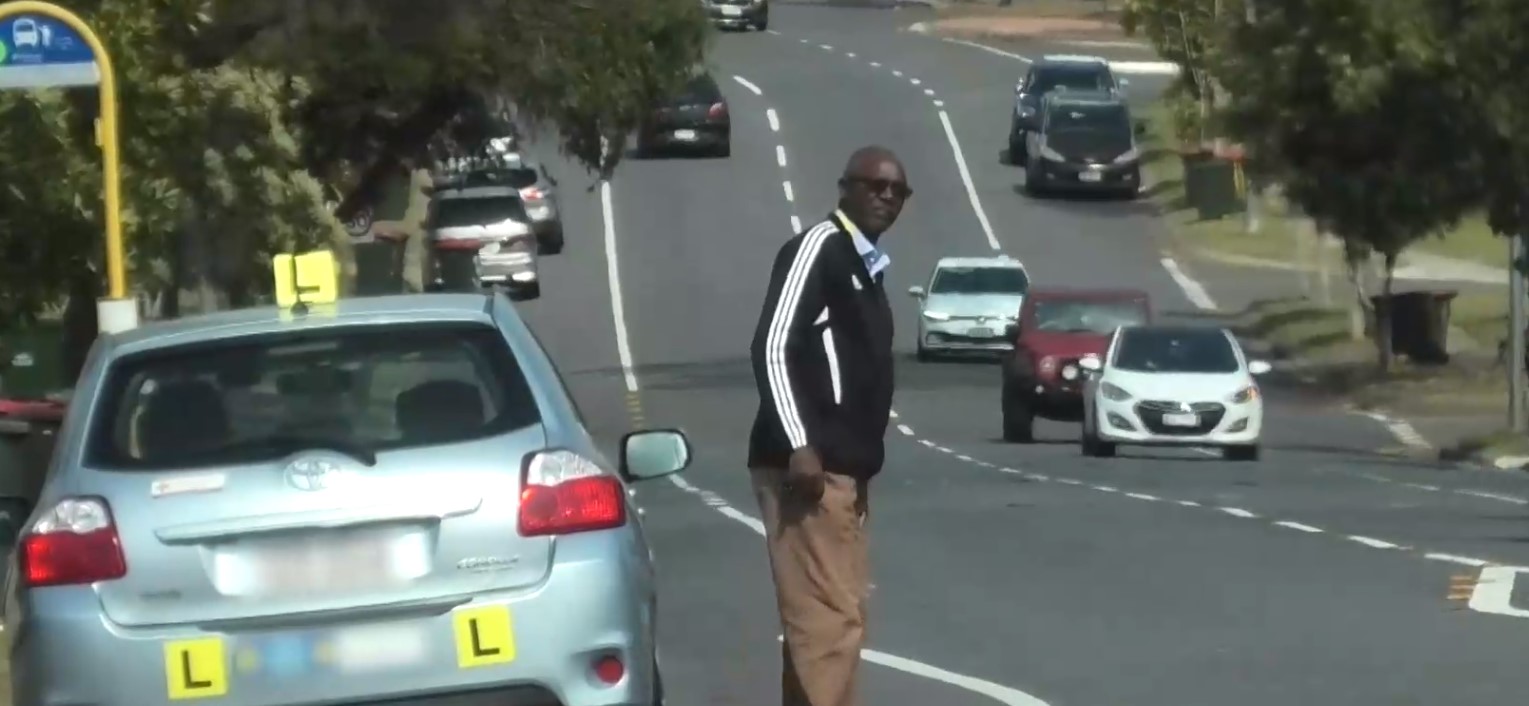Regional
Unresolved role of Burundian refugees in 1994 Genocide against the Tutsi, hinders justice, bedivils countries' relations

The involvement of Burundians
in the 1994 Genocide against the Tutsi in Rwanda is one of the issues that has
not been addressed, primarily due to the non-cooperation of the Burundian
Government.
Rwandan prosecutors have
identified Burundian genocidaires, but Gitega has neither extradited nor tried
them.
Burundi and Rwanda are sister
countries. Both inherited colonial legacies of ethnic divisions from Belgium.
The Belgians spread hatred among different groups in both countries, pitting
one group against another, which led to various popular unrests between the two
countries' people.
In 1972, a civil war erupted
in Burundi, causing an influx of refugees in the region, mainly Hutu, with many
seeking refuge in Rwanda. The regimes of Gregoire Kayibanda and Juvénal
Habyarimana, in Rwanda, saw the refugees as useful assets to fuel the genocidal
hate against the Tutsi in Rwanda.
Other Hutu refugees arrived in
Rwanda following conflicts between Hutu and Tutsi in the Ntega and Marangara
communes bordering Rwanda in 1988. Another wave of refugees arrived in Rwanda
in 1993.
The Burundian refugees who
came to Rwanda were driven by hatred against the Tutsi and were received by a
government that shared the same sentiment. Burundian refugees were dispersed in
different places predominantly inhabited by the Tutsi, especially in the Mayaga
area, including parts of current Bugesera District, and Ntongwe and Kinazi in
Ruhango District, Mugina in Kamonyi, and throughout Southern Province,
especially in districts near the Burundi border.
Whenever genocide
commemorations are organized in those parts of the country, survivors recount
the horrific acts of Burundian Hutu refugees who killed their loved ones using
gruesome methods. The Burundians taught Rwandans how to commit the most heinous
acts during the genocide in 1994.
In Kinazi, survivors testify
to how Burundians who lived in nearby camps rounded up thousands of Tutsi
fleeing to Ntongwe Parish and the administration office with the full knowledge
and connivance of local leaders. They brought them to Nyamukumba valley where
Interahamwe and other Hutu refugees awaited them. They killed the Tutsi,
performed acts of cannibalism, where they removed the hearts of the Tutsi and
roasted them on a pike before eating them.
Not only did Burundians in
refugee camps in Rwanda, participate in the genocide against the Tutsi but
Burundian Hutu militias crossed the border to aid the Interahamwe extremists in
the killings.
The killings were dubbed
“work” and considered a civic duty. Local leaders mobilized Burundian Hutus to
come to Rwanda, promising then that they would return to Burundi with property
and livestock belonging to the victims. The killing of the Tutsi was lucrative
to them.
Following efforts to halt the
genocide against the Tutsi, the Burundian and Rwandan genocidaires fled to
Tanzania and the Democratic Republic of Congo (DRC).
Many of these Burundian
individuals who participated in the Genocide in Rwanda, are members of the CNDD
FDD political party, and hold positions in the government and military ranks.
Thirty years since the
genocide was committed while the world watched passively, no Burundian has been
indicted or arrested for committing genocide in Rwanda. They are protected by
their government.
To date, the Burundian
Government, which shields the Burundian killers, is repeating history by
collaborating with Rwandan genocidaires grouped into the FDLR, in the DRC to
fight M23, which is advocating for the rights of Congolese Tutsi.
The connection between Burundi and the genocide against the Tutsi in Rwanda is a tragic chapter in Rwanda's history. The Burundian government's lack of cooperation has hindered justice and a resolution of the matter.








